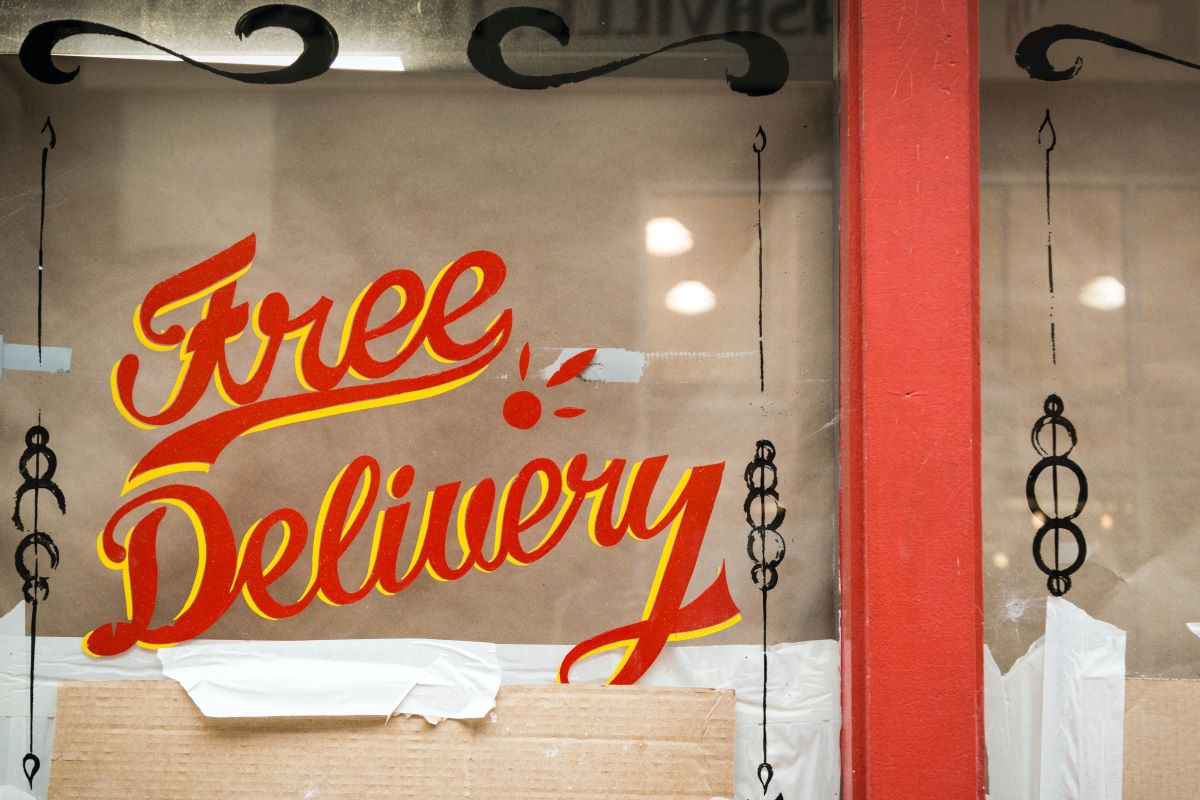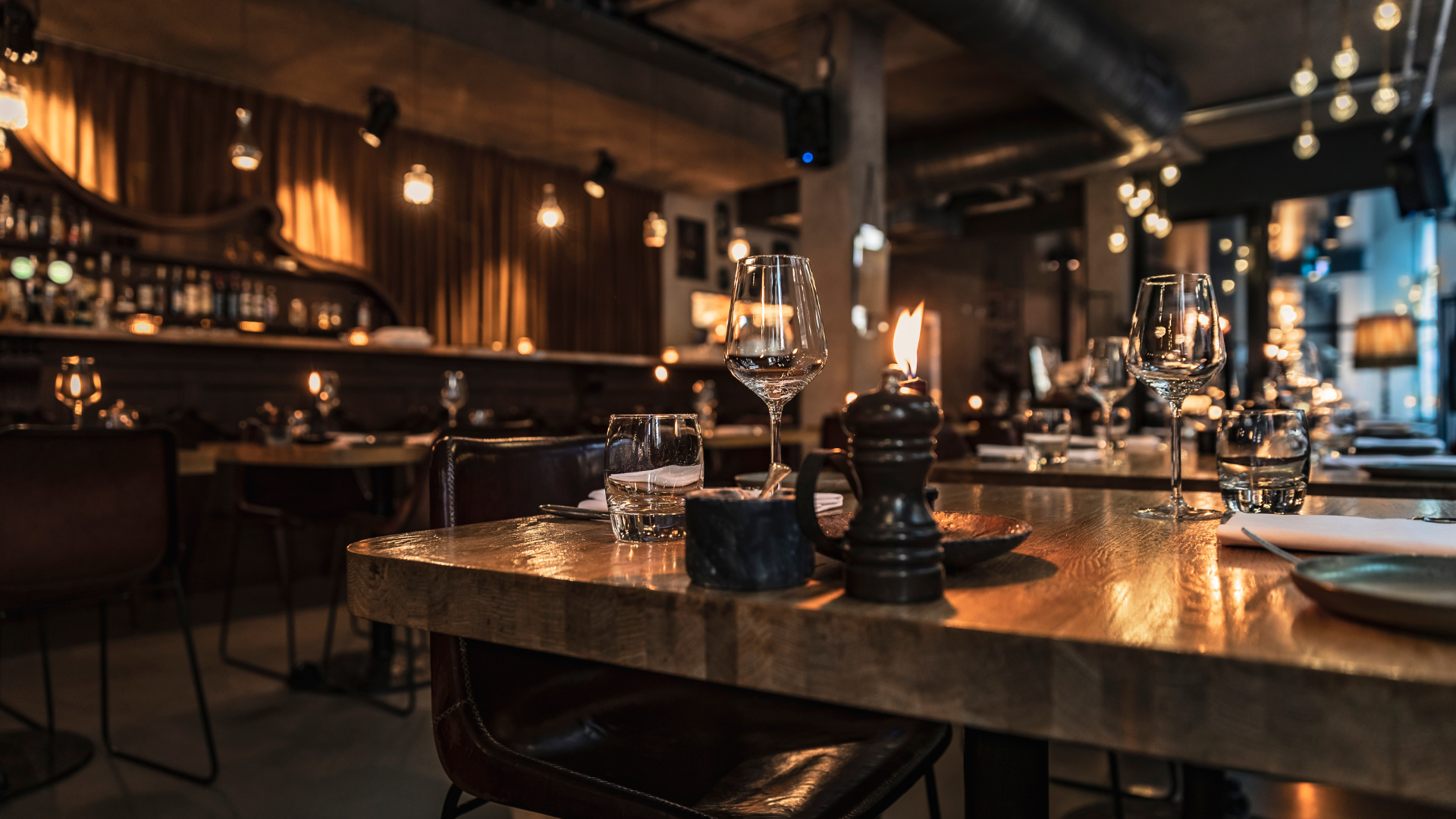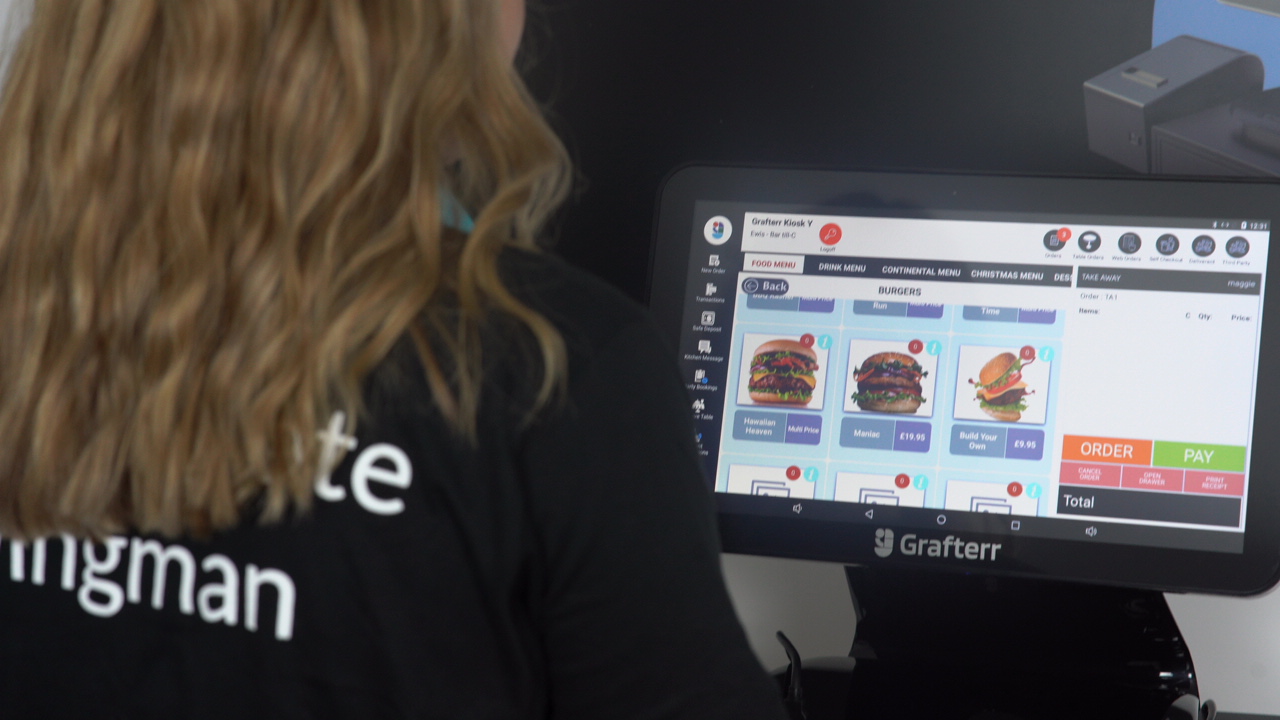Setting up a food business in 2021 may seem like a daunting idea. But in every crisis there is opportunity. Take Leicestershire-based ‘Chris’s Fish and Chips’. By reducing their menu and carrying out more deliveries, they grew their customer base from 1,000 to 2,000.
So how can you pivot to take up these opportunities? Or even set up a new food business in these testing times?
Here are 5 tips to give you a boost of motivation.
1. Choose where to base your operations
Do you want customers to collect, or will you deliver only?
This is a key question. Because the way you set up your kitchen will determine the success of your business. Dark kitchens offer a low cost and efficient option for delivery-only takeaways. So this could be one option for you to consider.
But wherever you choose, you’ll want to meet the needs of your local community. Because it’s local customers who’ll be most likely to give you regular, committed business.
2. Decide if you want to run deliveries yourself or through a partner
Demand for deliveries has skyrocketed in the past few years. And in 2021, food deliveries are big business. So how will you make the most of this?
One option could be to run deliveries yourself. And this would avoid having to pay extra commissions to delivery partners and losing money. But do be realistic about whether your team can fulfil every order.
Another option is to partner with one of the major delivery providers – Deliveroo, UberEats, or JustEat. And while they will be more expensive than going solo, they could speed up your growth in the long term. If you’re considering using a third-party delivery partner, check out our recent article where we compare Deliveroo, UberEats and Just Eat costs and customer demographics.
Whichever route you choose—direct or via a third-party—remember that our ePOS systems are adaptable to your business needs.
3. Take advantage of Capital Allowances
Cash reserves are critical to any business, so make sure you’re saving pennies and taking advantage of tax relief.
Capital Allowances, for example, could save big sums when you’re starting out. In 2020, the annual investment allowance for start-up capital rose to £1M. And this applies to any business spending on plant, machinery and equipment.
And the good news is that your ePOS terminal — plus any connected hardware — is included in this total.
4. Create a strong social media presence
Building an online community is vital to the success of your business. So make a plan for how customers will see you on social media. And then use plenty of humour and creativity to keep your customers thinking about you.
The key to getting new customers is to be consistent. So keep the posts flowing and focus plenty of your time on social media engagement. You could even share your journey of setting up your business with some ‘fly on the wall’ photos or interviews with your team.
5. Get creative to grow your customer base
If social media engagement is the bread and butter of your marketing strategy, then make creative customer engagement plans the marmite/jam/nutella you’ll spread on top.
Because the key to starting a new business in a pandemic is to understand where you’re customers are. And as that’s mostly at home, you need to meet them there.
And this is where exciting new industry trends have emerged for online cooking classes and food and wine tasting. So, make sure you’re offering customers a chance to get to know your brand. And when you do, you’ll be in a better position to see sales take off.
Opportunities are available to help you set up a food business
Grafterr can help you set up a successful food business in these uncertain times. Our online ordering software, app, and live driver tracking technology will support direct deliveries or partnering with Deliveroo. And this will put you in the perfect position for success in the food business.
Need more help to decide what route is best for you? Talk to us. We’d love to help.





